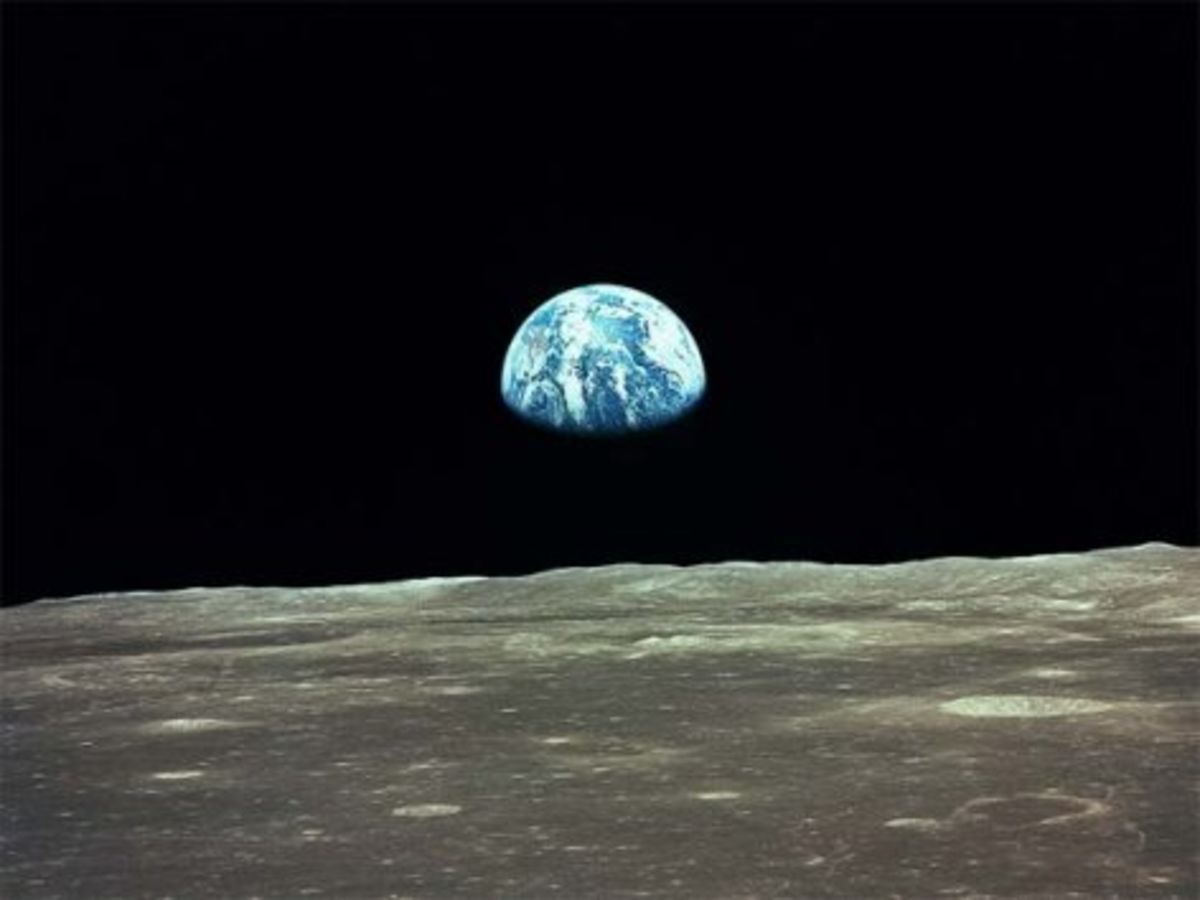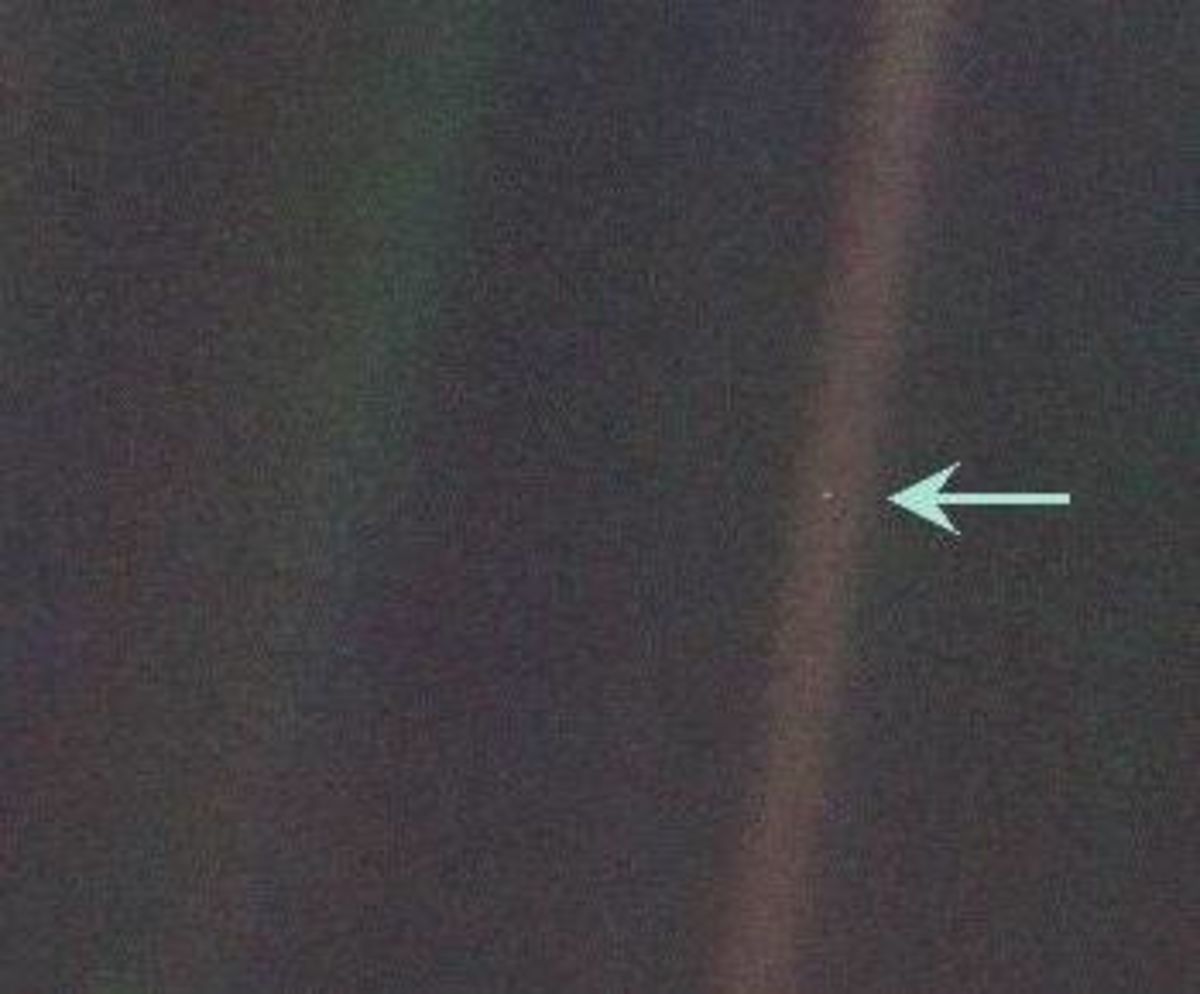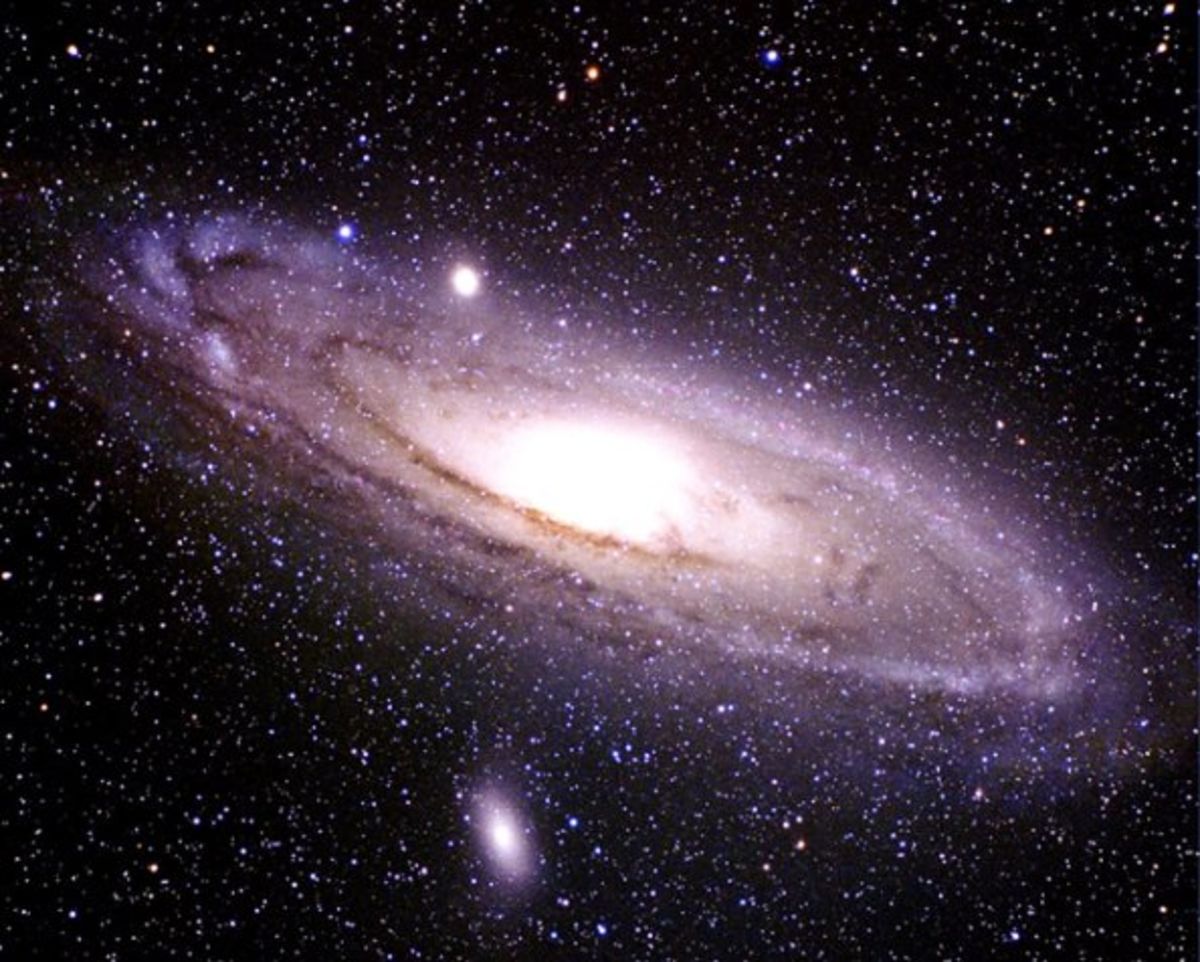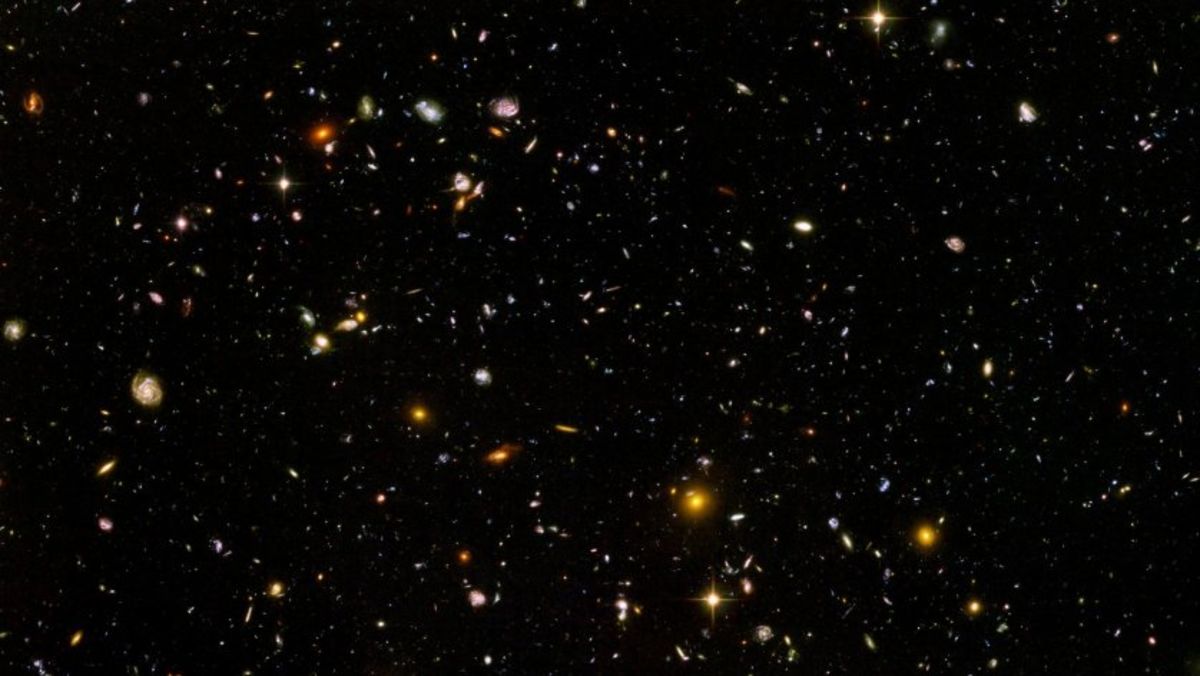
Narrative Science and the Evolution of Story
Navigating the stormy seas of creativity, one story at a time
Set adrift on an ocean of mediocrity, many stories list to one side, neglected deep within black and murky waters. An occasional one will shine, a beacon of promise, a bellwether for others to follow. But without a complete understanding of why this one connects and those others reject, the sea level of disappointment continues to rise one shipwreck after another.
Thankfully, the new and emerging field of Narrative Science promises a better, more sound vessel.
The Author's Plight
Intimidation. Hesitation. Withdrawal. Classic responses from authors both fresh and hardened, particularly when faced with the grand heritage of all that has come before. Tolstoy. Conrad. Faulkner. Novels that rose above the page they were printed on, films that lingered within the hearts of so many long after they left the theater. These writers and filmmakers, and the countless many other creatives who grace the top of the "greatest of all time" lists, stunt as much as they inspire, for how can anyone hope to measure up to a body of work that transcends the medium they rode upon?
Discovering what truly sets these gems of story apart from the cruft takes point on any strategy set to successfully answer the question, How can I ever hope to measure up?.
What is Narrative Science?
An exploration of this new and exciting field of story first requires a few words on what it isn't. Narrative science does not say that the square root of Dances with Wolves is Pocahontas. Nor does it claim that the cosecant of The Godfather is Citizen Kane, or that the derivative of Pixar's Cars is Doc Hollywood (though it does seem at times, that the reverse could possibly be true!).
What narrative science does posit, however, is a demonstrable reason as to why certain novels, films and plays live on, while so many others perish on arrival. Amadeus. Chinatown. Ulysses. Casablanca. Pride and Prejudice. A Separation. Masterpieces of story that enjoy their elevated status because of a deceptively simple yet consistently shared construct:
Every great and complete story explores the process of a single human mind trying to solve a problem.
The future of effective storytelling rests upon this one conceit--an idea originally conceived within the foundation of all narrative science, the Dramatica theory of story. Character, plot, theme, and genre? Analogies to this mind working through that problem. In fact, the amount to which these analogous constructs mimic and portray accurately the act of internal resolution determines how much an audience will welcome and receive a particular story. Venture too far from the beaten path so familiar to all who have a mind and one risks instant rejection and repudiation.
The Progress of Insight
As it stands now, the field of narrative science sees some seventy-five odd story appreciations that encompass and describe the mind at work. Seventy plus reasons why Joyce and Nabokov inform long past their passing. A wealth of insight for those who desire the same.
But the current model illuminates only the structural components. Character motivation, act turns, and relationships define the stuff of story, yet leave curiously unanswered the ebb and flow between the stuff. How quickly does motivation grow (or wane)? What direction do those relationships point? These questions have yet to be answered by narrative science but will undoubtedly be within the coming years, for structure fails to construct without the dynamics to set that construction in motion.
After all, if the carbon, hydrogen, and iron--the stuff of our Universe--comprises only 5% of all that is, then it only seems a matter of judicious prudence to examine and define the remaining 95%, the energy that pushes and pulls it all into place. Is this not the purpose of scientific advancements like the Large Haldron Collider? Could there not be a psychological model of story that naturally calls for the same care and attention?
The sails of narrative science have only just been unfurled.
Story in Context
The journey towards a greater understanding of story began here:
Anything and everything that has ever been written--stories and the construction of stories themselves--originated on this single blue rock. The greats of old, those who tower and disquiet the potential voices of today, made their mark here.
Romeo and Juliet, The Godfather, The Great Gatsby...all that you wish you could replicate began here:
To Kill a Mockingbird...Hamlet...here:
You, and every storyteller that ever took pen in hand...here:
The triumphs and struggles of every artist present and past amount to very little when seen within this larger context. Shakespeare matters not. Aristotle? Insignificant. T.S. Eliot? A minor blip silent and forgotten amongst the grand scheme of the Universe.
Suffice to say they only brushed the surface.
This image from the Hubble Deep Field accounts for one 24-millionth of the entire sky--equivalent to a small tennis ball held at a distance of 100 meters. Along with its companion image, Hubble Deep Field south, this sea of infinite light suggests something grander going on--something beyond us, yet still depending on us to somehow participate in the spectacle.
At the very least, it suggests something more.
The same stardust and laws of physics responsible for the above image also takes credit for that lump of jelly between our ears. Mass, energy, space and time find internal correlations by way of knowledge, thought, ability and desire respectively. The weight of deep psychological issues warp our perceptions forcing us to justify our words and our actions. The process of telling a story, of constructing and crafting the right balance of theme and character, finds a companion in the gathering of stars and planets into unique solar systems and bountiful galaxies.
Could our present understanding of story sit hampered and skewed by that initially limited perspective? How do we look beyond the concerns and issues of our own neighborhood?
We do it with a machine engineered to appreciate the difference in context.
New Frontiers
The purpose of writing? For some, mere entertainment. Others, wealth and status. Yet for most, for the true and honest at heart, the purpose remains better understanding. Of ourselves, and of the world around us. I am, after all, what I write.
The emerging field of narrative science sets out with this purpose in mind. By taking a scientific approach--or more accurately mindset--towards the art of storytelling narrative science dispels the superstition and limited viewpoints that once kept us from venturing beyond our shores. It replaces magic with gravity, willful ignorance with undeniable realities, Gods with objective reasoning. It removes story from the anointed few, from the heroes and vaunted scribes of old, preferring instead to grant powerful new tools and insights to the many who wish to be heard and to know. By removing the speciality of "talent" from the equation and replacing it with lucid comprehension, the study of the psychological processes inherent within competent stories opens up new horizons, shuttering forever the looming shadow of simply "matching up".
In short, narrative science allows the creation of starships to as yet uncharted worlds of storytelling.
I, for one, can't wait.
Download the FREE e-book Never Trust a Hero
Don't miss out on the latest in narrative theory and storytelling with artificial intelligence. Subscribe to the Narrative First newsletter below and receive a link to download the 20-page e-book, Never Trust a Hero.





